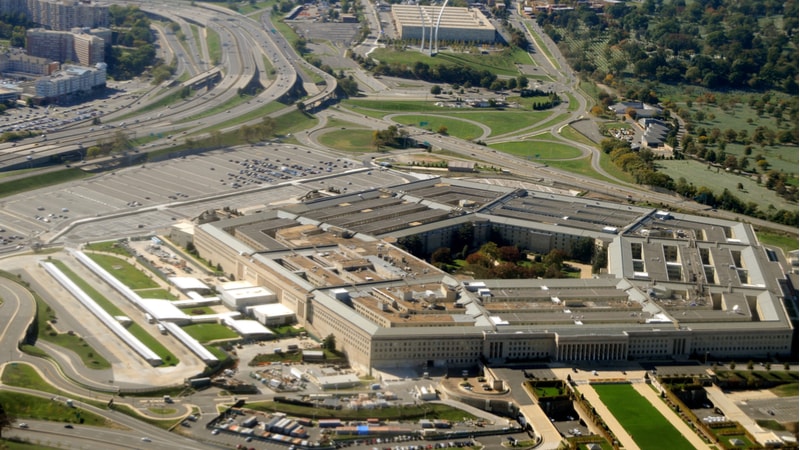
The Commission on the National Defense Strategy (NDS) warned lawmakers today that the Defense Department’s (DoD) NDS is outdated, and the growing global threat landscape calls for immediate action and fundamental changes in Pentagon operations.
During a Senate Armed Services Committee hearing, members of the commission shared the findings and recommendations from the commission’s fiscal year (FY) 2024 report, released prior to the hearing on Monday.
Commission Chair Jane Harman explained to lawmakers that the current NDS was written by early 2022, but two years later “the United States faces the most challenging global environment with the most severe ramifications … [and] the trends are getting worse, not better.”
For instance, the 2022 NDS identified China as “the pacing challenge,” but according to the commission “China is in some ways outpacing the United States.”
“China’s cyber capabilities, space assets, growing strategic forces, and fully modernized conventional forces are designed to keep the United States from engaging in the Taiwan Strait or the South or East China Seas,” Harman said, adding that China has infiltrated critical infrastructure networks to obstruct U.S. actions by disrupting logistics, power, and water supplies, “effectively undermining the sanctuary the U.S. has historically enjoyed at home.”
She explained that these fundamental shifts in threats and technology require a fundamental change in how DoD functions, particularly regarding how DoD works with the tech sector where most innovation happens.
“DoD is operating at the speed of bureaucracy when the threat is approaching wartime urgency,” Harman said.
Commission Vice Chair Eric Edelman, who testified alongside Harman, stated that the United States “can’t confront the biggest threats since the height of the Cold War with the smallest military in a generation, historically low defense spending, and an atrophied industrial base.”
He too emphasized, that “deterring our adversaries from launching a disastrous war requires investment and the ability to mobilize at wartime speed, not the slow pace of bureaucracy.”
While Harman acknowledged the work that “programs like Replicator and offices like the Defense Innovation Unit and the Office of Strategic Capital” do are beneficial, she said their efforts could be stunted because “they are essentially efforts to work around the larger Pentagon system.”
“Significant and urgent action is needed. We recommend fundamental change in the way the Pentagon and other government agencies do business, the way they incorporate private sector technology, and a full embrace of our partners and allies,” she said.
The commission urged the Pentagon to “get moving” on acquiring new tech, and calls out its aging “research and development and procurement systems, reliance on decades-old military hardware, and culture of risk avoidance.”
Additionally, Harman stated that the commission found the United States’ defense industrial base (DIB) suffers from a shortage of personnel and companies, unstable financial support, and inadequate production capacity to meet the needs of the joint force in both peacetime and wartime.
Harman urged lawmakers to lift the 2023 Fiscal Responsibility Act spending caps and ensure meaningful growth in FY2025 defense and national security spending that meets the levels recommended by the 2018 NDS Commission.
“The United States must spend more effectively and more efficiently to build the future force, not perpetuate the existing one. We have to cancel legacy programs. Additional resources will also be necessary. Congress should pass a supplemental appropriation to begin a multiyear investment in the national security innovation and industrial base,” she said.
